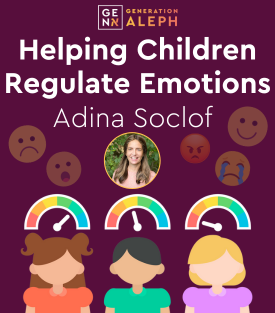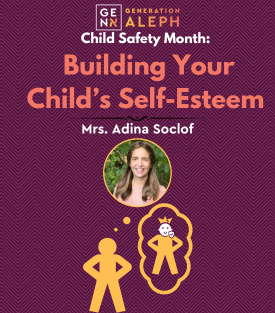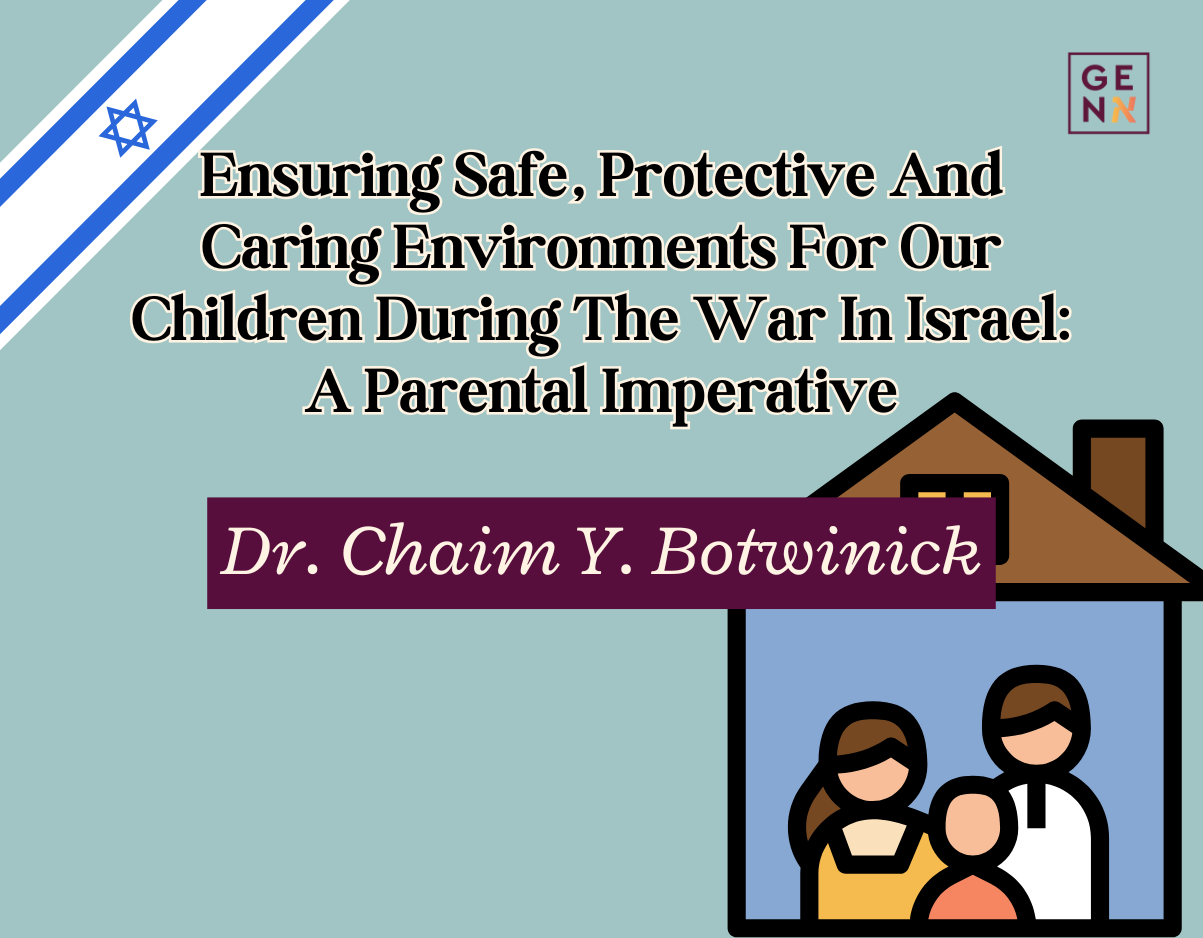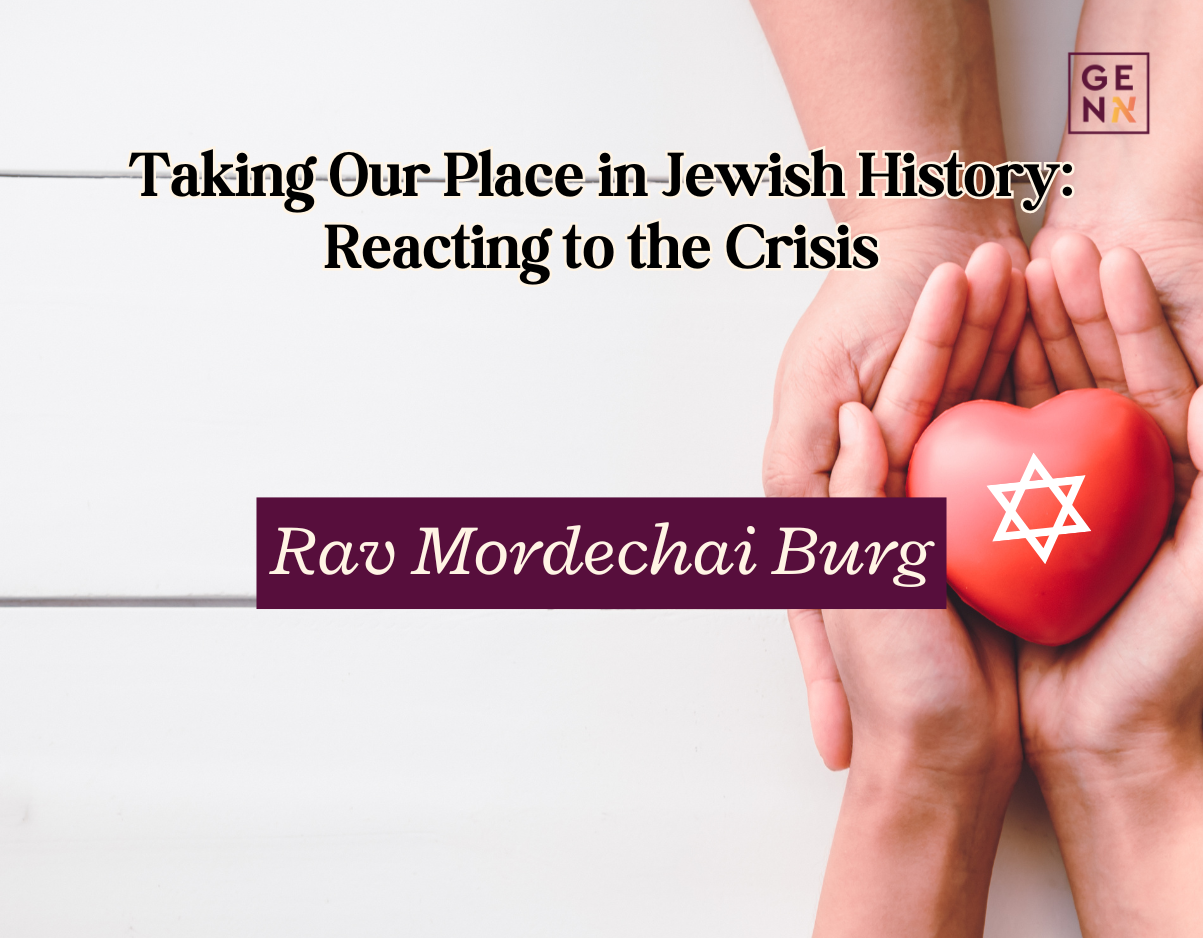How to talk to your kids about Israel
I like many of you have been walking around in shock these past few days. Anger, sadness, grief, outrage, disbelief are just some of the emotions we are all experiencing.
I don’t know what to say and I feel like everything I say is trite, but we have to try. We have to strengthen each other during this time.
I know I am a little late to the game- but I didn’t even have the presence of mind to sit down and write this article until now.
How do we talk to our children about these tragedies? I wish we didn’t have to…
Here are some ideas on what we can do:
- Stay calm:It takes a concerted effort at this time to remain calm, but we need to for our children. They are looking to us. They need to see how we respond appropriately to difficult events. Children respond more to their parent’s reaction to the news,then the actual news. Whatever you need to maintain your equilibrium at this time, do it and try to do it with your child. Get outside, take a walk, cuddle on the couch, read some books, cook some comfort food.
- What to say: It is very likely that your child has already heard something about what has happened.If they have not heard about it, it is best that they do hear it from you. School age children have a way of transmitting information, often in the most dramatic ways. Hearing it from their own parent, calmly and matter of factly can help a child feel safe. Kids will then feel, “My parents will tell me about bad things. They will prepare me and keep me safe.”
Whispers and stopping your conversation when a child enters a room, just makes kids feel more curious about what is going on. Ultimately it makes them feel more insecure and scared when they are left in the dark.
You can open up the conversation with, “I know we all have been hearing and talking about Eretz Yisroel . What are you hearing?”
“You can ask me anything- I might not have the answers but you can ask me…”
“I am going to try to answer you in a way that a _____ year old can understand…”
Don’t be afraid to say “I don’t know” or “I am not sure how to explain this to you in a way that will help you understand.”
You can also let them know that you can reach out for help:
“I am going to ask my friend who is a (teacher/psychologist etc.) maybe she has some ideas on how to talk about this…”
- They want safety:
Children want to know that they are safe and secure and that you can provide that for them. The most reassuring thing for a child to hear is this:
” Daddy and I are going to keep you safe. We know the best way to keep children safe.”
“We know how to manage problems and figure out solutions to keep you safe.”
“There are many adults who work to keep you safe. Mommies, Daddies, Grandparents, firefighters, policemen, teachers and your principal.”For older children, you can also discuss the actual safety measures that are in place. The drills, the security guards etc.
If your child is scared and affected by the incident, expect them to bring it up many times. It is how children process information. Try to be as patients as you can and validate their feelings. Telling a child not to worry, or not to be scared doesn’t work. It just frustrates them and makes them feel as if they can’t talk to you.
You can say, “I know you are worried.” Or “It’s okay to be sad.”Again, reiterate the fact that they are safe and that you and other adults are working to keep them that way.
- Time and Routine:
This is a good time to make sure to make sure that you are physically there for your children. Extra attention at bed time, more one on one time when they get home from school, can make a huge difference. Parents are a child’s biggest comfort and source of security.Maintaining your routine as well as your house rules. Dinnertime, homework, and play should continue. This, helps children feel that you, their parent, is in charge which helps maintain that feeling of safety and security that children crave, especially during times of crisis.Give lots of hugs and cuddles. Children crave physical comfort at this time. Hugs are known to have a calming effect on children and adults as well.
- Turn off the media:
It is not necessary for children to see graphic photos or to hear repeated accounts of the violence. It causes more trauma. Young children might even think that it is not just one event but many different events.Schools have been requesting that parents delete tiktok and Instagram from kid’s phones.
- Turn on the inspirational stories:
My whats-app feed has been flooded with inspirational stories, impromptu weddings, chayalim singing and dancing, packing centers full of volunteers etc. Mi kaamcha Yisroel. Focusing on how incredible our nation is gives us strength, optimism and hope.Mr. Rogers was quoted as saying: “When I was a boy and I would see scary things on the news my mother would say to me, ‘Look for the helpers. You will always find people who are helping.’ To this day I especially during times of disaster, I remember my mother’s words and I am always comforted by realizing there are so many helpers-so many caring people in this world.”
- What can we do?
The best thing you can do for your child is to teach them how to respond in positive ways to crisis. It is well documented that both the recipient and giver benefit from acts of kindness.There are all types of initiatives, donating money for: supplies for our brave chayalim, food, medical equipment etc. My sister in NJ just collected epi pens from her neighbors to send. There are Friday night candlelighting initiatives, challah bakes, rallies, tehillim groups. Children can send cards or handmade gifts to the chayalim and the victim’s families. The message is that even if there are bad things in the world, we can counter it with kindness and goodness.
- We are a strong people:
I have been reaching out to my Israeli friends and their messages are realistic yet always end on a note of hope and strength.אנחנו בסדר… עצובים ודואגים. אבל חזקים ושומרים על כוחות ואמונה????
We are okay, sad, worried, but strong and relying on our strong faith.
אנחנו חזקים. אנחנו ננצח!!!!
We are strong- we are going to prevailThis is unbelievable to me- but so Jewish. We are strong, we will overcome, it is in our DNA.
We need to say this loud and often to our children.
Submit your questions
"*" indicates required fields











